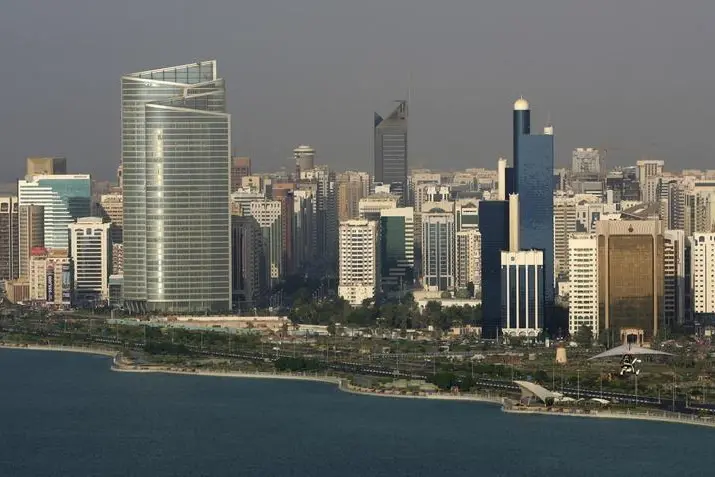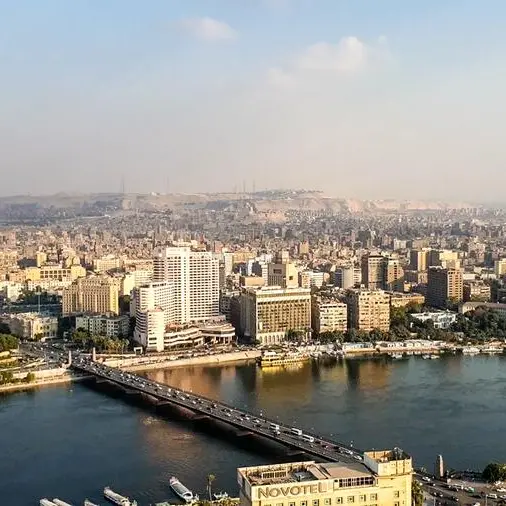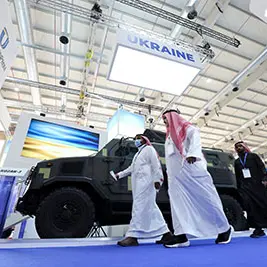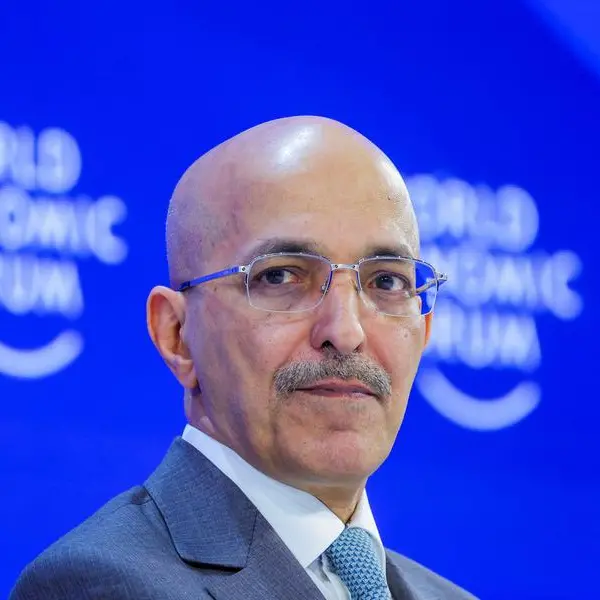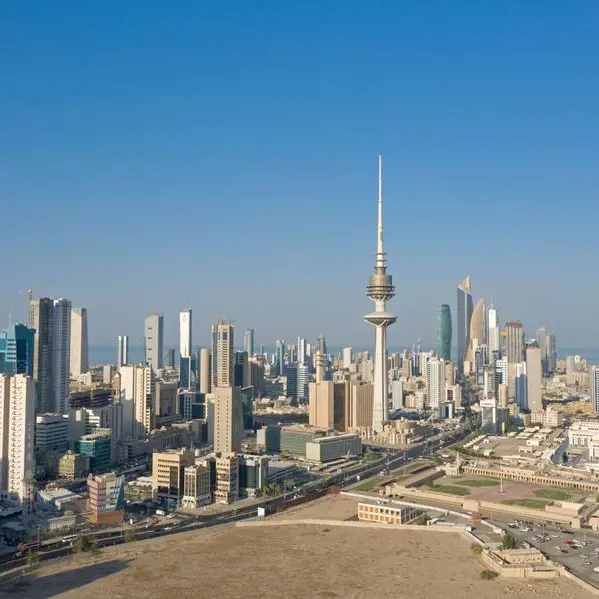PHOTO
Higher energy returns are expected to have led Abu Dhabi’s return to growth in 2018, with expectations of further expansion in 2019 as the government rolls out an extensive stimulus programme.
The year 2018 opened with the introduction of a 5% value-added tax (VAT) across the UAE, as part of the government’s campaign to broaden the base of state revenues and reduce reliance on energy earnings.
The introduction of the VAT had a flow-on effect on inflation, with the levy contributing to a rise in the consumer price index for the year.
Inflation spiked at 4.7% in January, the month when the tax came into force, before flattening in subsequent months. According to IMF estimates, inflation should close out 2018 at or around 3.5%, up on the 2017 figure of 2%, though marginally down on the September consumer inflation rate, which Statistics Centre – Abu Dhabi (SCAD) data showed as 4%.
Inflation in the emirate, along with that of the rest of the UAE, should ease in 2019 after the full impact of the VAT increase and additional costs of measures, such as the mid-year increase in municipal housing taxes, have been absorbed.
Higher energy earnings to drive return to growth
According to projections from the IMF, Abu Dhabi’s economy is expected to expand by 2.7% in 2018, reversing the 0.5% contraction posted in 2017. This growth should accelerate in 2019, with GDP set to increase by 3.4% in the coming year, the fund said in a report issued at the end of September.
Given that oil revenue made up 48.1% of GDP in the first half of 2018, according to SCAD, much of that year’s projected growth has been supported by a jump in oil prices, which rose from around $65 per barrel at the beginning of the year to a high of more than $86 in early October. As a result, the IMF expects energy exports to total $75.4bn in 2018, up from $58.1bn in 2017.
However, this contribution may have been eroded somewhat in the latter part of the year, with prices falling by around 25% from year-high levels in October to mid-November, returning to levels posted at the beginning of the year. This has prompted calls from producers, including Abu Dhabi, to scale back production to put a hard floor beneath prices.
Elsewhere in the energy sector, the emirate has also outlined a shift in policy towards developing its gas potential.
In early November Abu Dhabi’s Supreme Petroleum Council approved a new strategy to expand gas production, which aims to achieve gas self-sufficiency by 2030, and explores the possibility of becoming a net gas exporter in the future.
To meet these goals, the authorities will look to utilise existing reserves and develop new deposits, including sour gas and other conventional reserves, which total an estimated 15trn cu feet overall.
As part of this strategy, in mid-November Abu Dhabi awarded a series of gas concessions to energy majors, including Italy’s Eni, which was granted a 25% stake in the ultra-sour offshore Ghasha concession.
Furthermore, on November 11 it was announced that French company Total had won a 40% stake to develop the Ruwais Diyab unconventional gas concession, while two days later a senior BP official said the company was looking to commercially develop gas reserves from its onshore Bab field.
Stimulus programme to boost the non-oil sector
Meanwhile, another reform designed to stimulate the non-energy sector is the government’s Dh50bn ($13.6bn) stimulus programme, launched in mid-September.
Under the Ghadan (Tomorrow) 2021 strategy, investment in sectors such as tourism, manufacturing, logistics and education are to be increased, with an eye to reducing the hydrocarbon sector’s contribution to GDP to 20% within the next three years.
Balanced on four separate pillars – business and investment; society; knowledge and innovation; and lifestyle – the strategy sets out 50 initiatives designed to boost social and economic development.
Among the measures contained in the strategy is an expanded public-private partnership programme, to be encoded in new legislation, with up to Dh3bn ($816.9m) in projects to come up for tender in the first quarter of 2019.
Additional reforms include increased support and credit access for small and medium-sized businesses and streamlined business approval processes to bolster Abu Dhabi’s appeal as an investment and business hub.
Real estate looking for rebound
One sector that will be looking for a positive impact from the increased investment in the economy will be real estate, which has faced a series of challenges across 2018.
Prices for residential property continued to fall across 2018, down by as much as 8.3% year-on-year in the first three quarters, while rental returns also softened. This was in part due to lower demand and staffing reductions, along with a steady flow of new residential stock entering the market.
Newly announced reforms, such as the issuance of long-term visas to expatriates and giving foreign investors full ownership rights for companies located outside of Abu Dhabi’s free trade zones, are seen as factors that should support a rebound in the retail and office segments of the property market heading into 2019.
© Oxford Business Group 2019